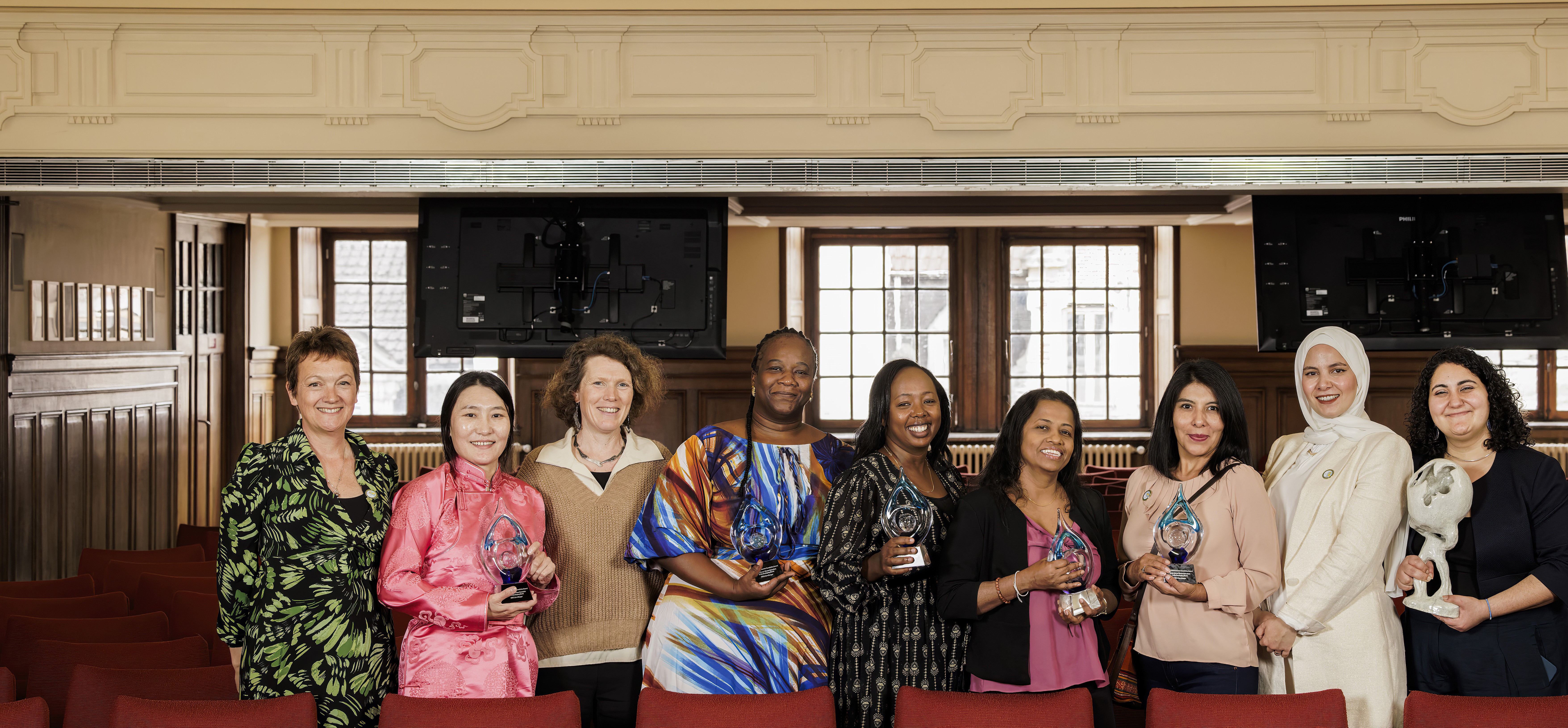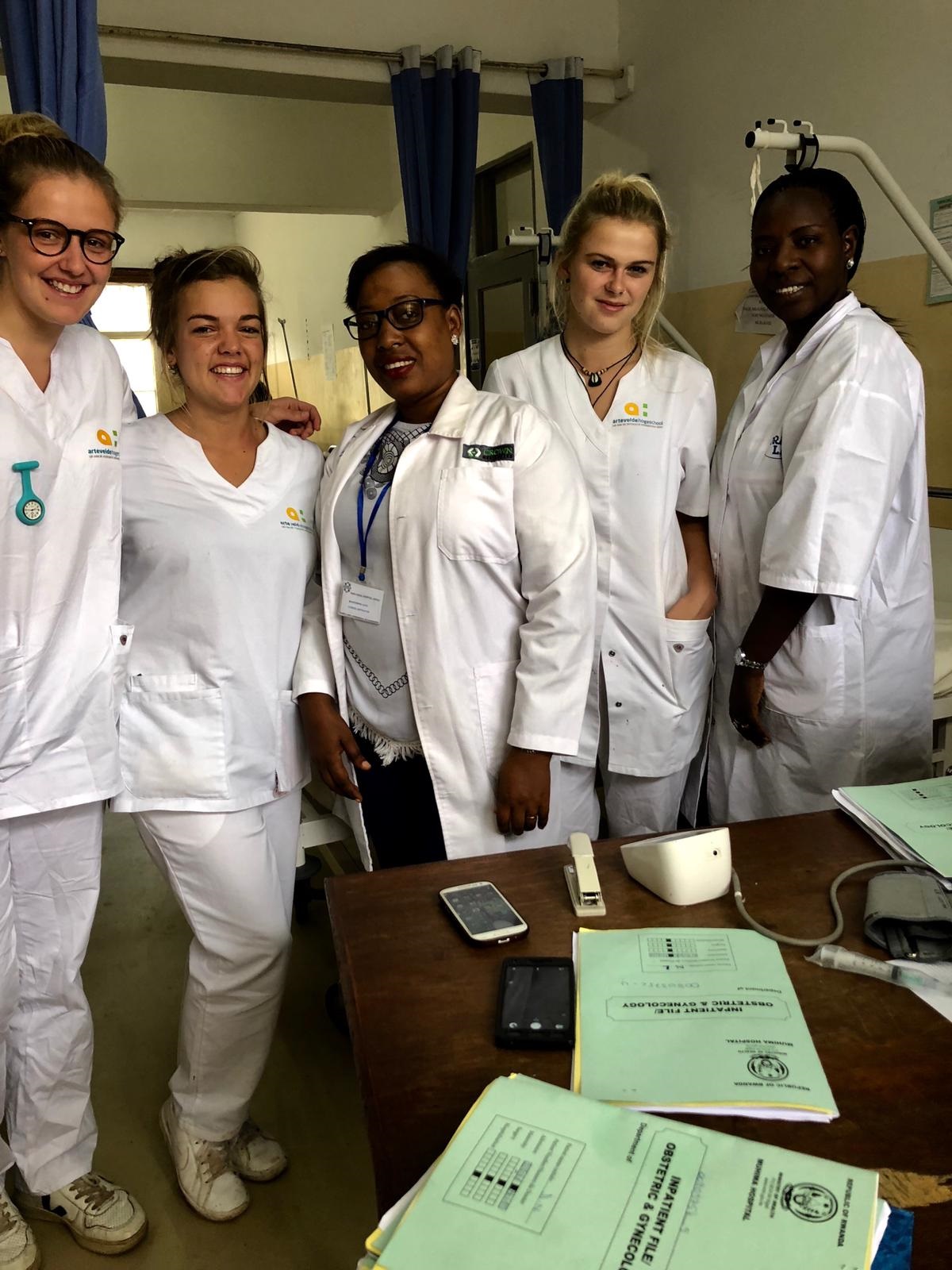Facilitating multi-stakeholder partnership to foster sustainable shark fisheries in Tanzania
In recent years, the Western Indian Ocean region has seen drastic decline in key fisheries due to the combined effects of illegal fishing, habitat degradation, overfishing, and climate change.
Since sharks grow slowly and produce few youngs, the shark fishery is the mostly affected. Hence, many species of sharks are currently classed as threatened. Despite the existence of regulations against exploitation of the endangered sharks, due to lack of adequate taxonomic expertise and poor coordination between the policy makers and law enforcers, illegal trade of the protected sharks still occur. Also, the catch data are recorded on papers which may take long to reach the Fisheries Department.
This project will develop a Smartphone application for identification of the landed sharks and an electronic logbook to enable fisheries officers to record and share catch data with managers and stakeholders in real time. To ensure capacity building, the project will provide scholarship to 1 MSc, internship to 5 BSc students, and training to 20 in-service personnel. All research findings will be hosted in open systems.
Speakers
- Prof. Dr. Marc Kochzius, Vrije Universiteit Brussel, Faculty of Science and Bioengineering Sciences, Department of Biology, Marine Biology
- Dr. Cyrus Rumisha, Department of Biosciences, Sokoine University of Agriculture



.png)
